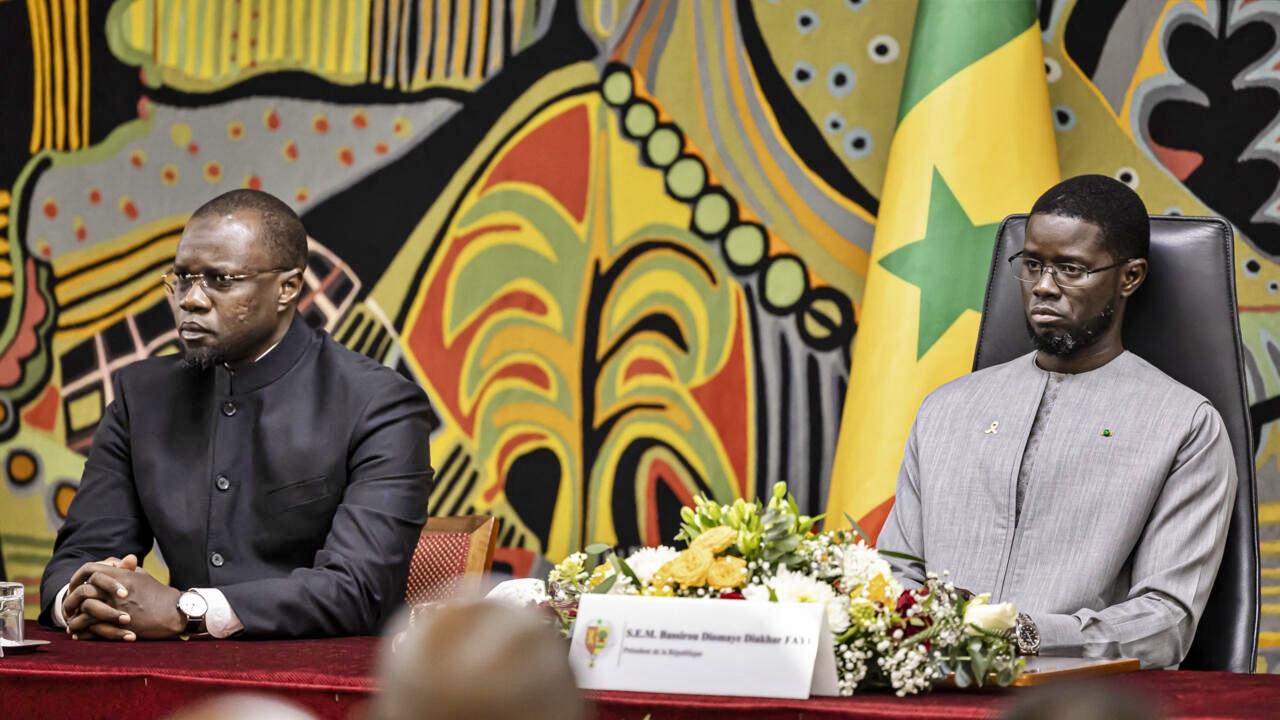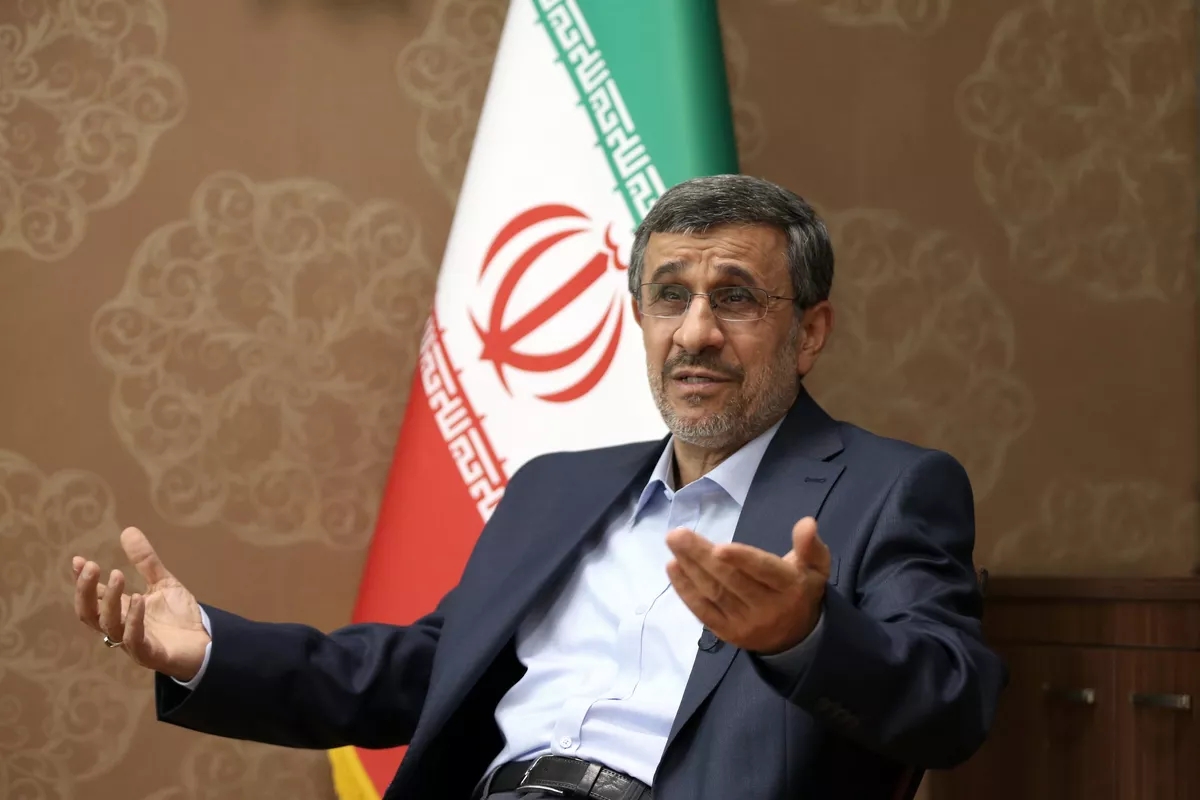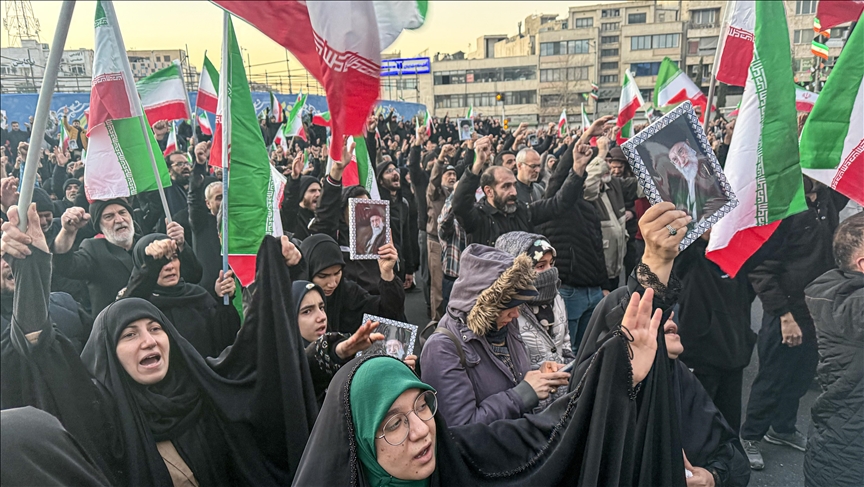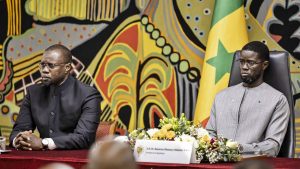Gambiaj.com – (Banjul, The Gambia) – Kanifing Municipal Council (KMC) Mayor Talib Ahmed Bensouda has hailed Thursday’s Supreme Court ruling as a landmark victory, not only for his council but for all local government authorities in The Gambia. The Supreme Court ruled that the Ministry of Regional Government, Religious Affairs, and Lands, along with the Inspector General of Police, acted unconstitutionally in their attempt to impose Sainabou Martin Sonko as Chief Executive Officer (CEO) of KMC.
Reacting swiftly to the apex court’s decision, Mayor Bensouda declared the ruling “a win for all local government authorities now and in the future,” signaling the wider implications for municipal autonomy and decentralization efforts across the country.
“This judgment sets a historic precedent. It reaffirms the independence of local councils and clarifies that the executive arm of government cannot unlawfully interfere in their internal affairs,” another close collaborator to Bensouda stated. He emphasized the importance of institutional respect and rule of law, noting that the judgment should serve as a guidepost for how intergovernmental relations are managed going forward.
While celebrating the court’s decision, the mayor struck a conciliatory tone towards the central government, adding, “Our goal is not confrontation but a healthy partnership with GG (Government of The Gambia)!” His remarks suggest a desire to move past the months-long tension and toward a more collaborative approach between local and central government.
The Supreme Court judgment stemmed from a lawsuit filed by the KMC following a highly publicized conflict over the attempted reinstatement of Sainabou Martin Sonko, who was on administrative leave pending allegations of fraud. The Ministry of Local Government and the police were accused of unlawfully forcing her back into office by physically escorting her into the KMC premises and forcibly opening the door to install her.
In a scathing critique, the Supreme Court found that both the ministry and the police acted outside their constitutional mandate. The court affirmed that decisions on staffing, including the appointment of a CEO, are the sole prerogative of the council and its governing laws — not the ministry or law enforcement agencies.
The court further condemned the role of the Permanent Secretary at the Ministry of Local Government, Buba Sanyang, for unlawfully withholding official communication meant for the Local Government Service Commission, calling it an additional form of executive overreach.
Legal analysts say the ruling significantly bolsters the authority and independence of municipal councils, potentially altering how local-central government relations are managed in the country. It is also expected to embolden other councils facing similar administrative pressure.
With this decisive victory, KMC has not only defended its institutional autonomy but also helped draw clear boundaries around the reach of ministerial and police powers in local government affairs. The case will likely stand as a landmark reference in future governance and decentralization discourse in The Gambia.









